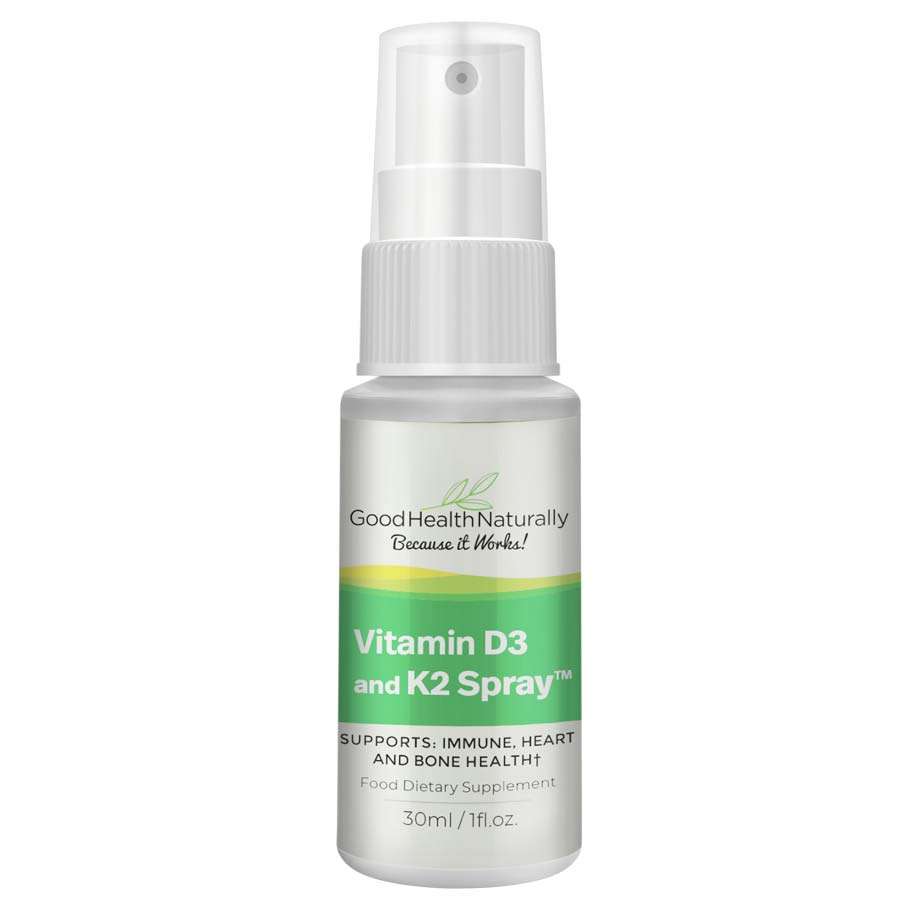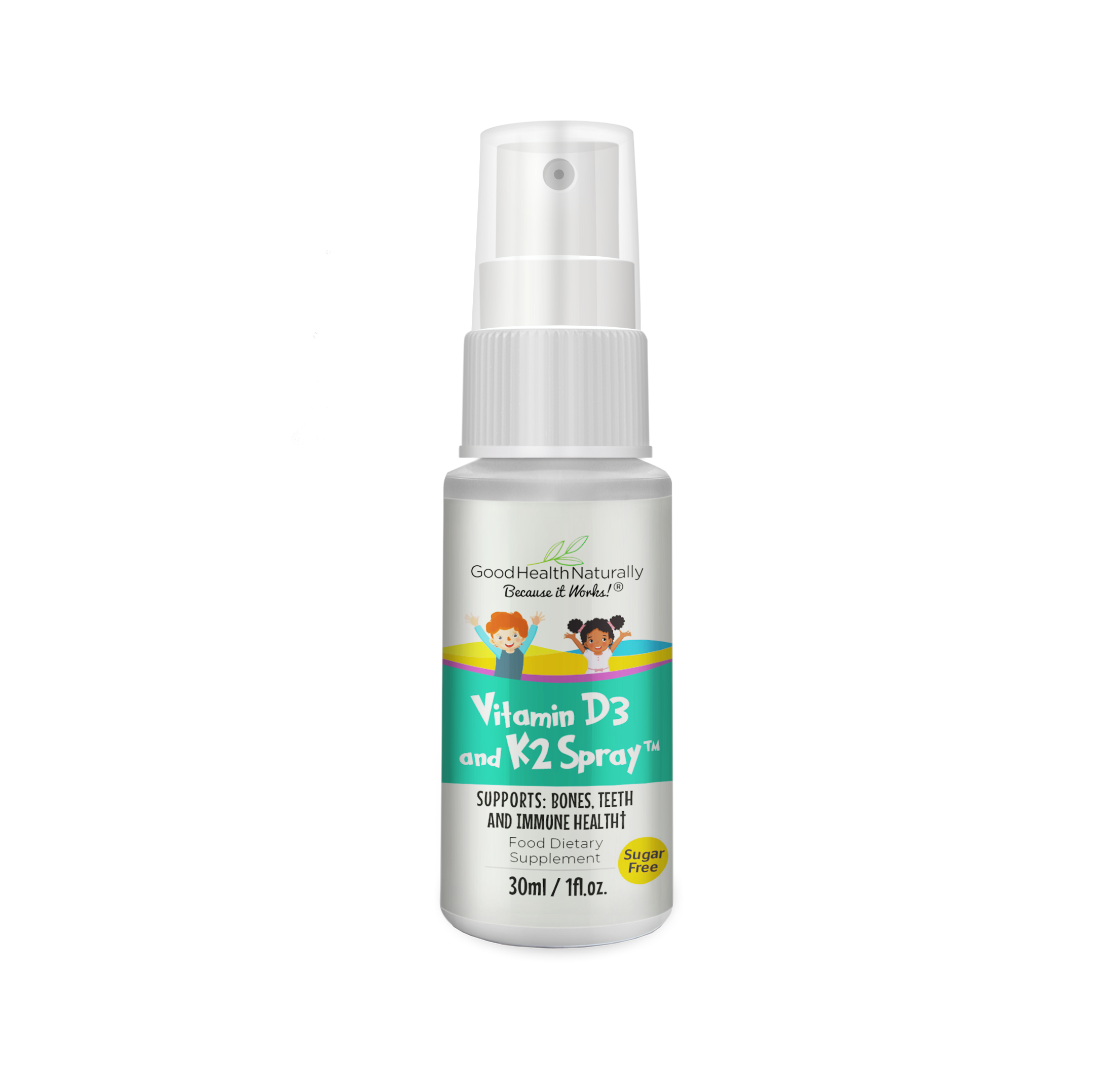Are you or a loved one planning for a baby? You may want to talk to your doctor about taking a Vitamin D3 supplement. Research has found that babies born during the winter months have markers of improved bone health if their mothers take Vitamin D3.
The study was published in Lancet Diabetes & Endocrinology and included 737 pregnant women aged 18 or older who had Vitamin D blood concentrations between 25 nmol/L and 100 nmol/L when they enrolled in the study. [1]
The women were randomly assigned to receive either 1000IU per day of cholecalciferol (Vitamin D3) or a placebo from the time of enrollment (before the 17th week of pregnancy) until delivery.
What The Vitamin D3 Study Shows
At weeks 14 and 34 of pregnancy, researchers took blood samples measuring the women’s Vitamin D concentrations and collected information about their diet, smoking habits, change in health status, and other factors.
Researchers then ran a test on each newborn within two weeks of birth to assess bone mineral content and other measures of body composition.
By the end of the study, researchers found that overall, there were no differences in bone mineral content or other measures of body composition between newborns born to mothers supplementing with Vitamin D3 and those not taking the Vitamin D3 supplement.
After a second analysis after the babies were born, it was revealed that winter babies born to mothers receiving Vitamin D3 had higher bone mineral content, bone density and body fat mass than winter babies born to mothers receiving a placebo.
Mothers who took a Vitamin D3 supplement were also less likely to have a Vitamin D3 insufficiency at 34 weeks, than mothers taking a placebo.
While other research provides conflicting data about the significance of Vitamin D3 levels on their child’s bone development, these results suggest that maintaining enough Vitamin D3 in pregnancy may result in higher bone mineral content in winter babies.
Vitamin D3’s Role In Bone Health
Vitamin D3 plays an essential role in helping the body to absorb calcium, a building block for strong bones.
This recent study is just part of a strong body of evidence to support that prolonged and severe Vitamin D3 deficiency can lead to rickets in children and osteomalacia in adults – a condition where bones become soft and weak, meaning they can bend and break more easily than normal.
Research shows that not getting enough Vitamin D3 over long periods of time, can lead to bone demineralisation.
For growing children, Vitamin D3 is therefore an essential nutrient to support their optimal health.
However, it’s not enough to take Vitamin D3 alone. Vitamin D3 is best combined with Vitamin K2 (MK-7), as this activates the protein osteocalcin, which integrates into bones. Without Vitamin D3 and K2, Calcium cannot do its job effectively.
Getting Enough Vitamin D3
It’s recommended to get enough Vitamin D3 from going out into the sunlight as this is a major source for mothers, babies, and others. However, during the dark days of winter, ensuring you get enough is essential for best health.
There are a few foods that you can derive Vitamin D3 from but they are primarily from animal-based sources and may include milk, salmon, mushrooms, and egg yolks. The trouble is there are not many vegetarian or vegan sources to get this essential nutrient from, especially for those following a plant-based diet.
Vitamin D3 Daily Dose Recommendations
For best health, it’s suggested to take a Vitamin D3 supplement to ensure you’re getting enough each day. For adults, the daily recommended dosage is to take 800 to 2000IU per day. Individual requirements may vary, and you may want to have a Vitamin D3 test to determine your baseline.
For infants under 12 months, it’s recommended to take 400IU of Vitamin D3 per day, as suggested by government guidelines. Children aged 12 to 24 months old need 600IU of Vitamin D3 each day. However, you may want to check with your GP for individual requirements as it can depend on if a baby is being breastfed or formula fed.
Expectant mothers and children alike can ensure they get enough by taking a vegan and vegetarian-friendly Vitamin D3 and K2 Sublingual Spray supplement from our sponsor, Good Health Naturally, to meet our daily requirements of these essential nutrients.
Recently, Good Health Naturally have also released a Vitamin D3 and K2 Sublingual Spray for Children, providing a unique, ‘no taste’ and sugar-free formula, that offers flexible dosing for children of all ages to ensure they are getting enough for best health.
References:
[1] https://www.thelancet.com/journals/eclinm/article/PIIS2589-5370(21)00535-6/fulltext
Recommended Examples
Vitamin D3/K2 Sublingual Spray™
Vitamin D3/K2 Sublingual Spray™ – Provides 1000IU Vitamin D3 and 100mcg of Vitamin K2 MK7 per serving. Take 5 sprays per day, orally or sprayed onto food, or as directed by your healthcare professional. Best taken with food.
Supports normal immune system response and may benefit bone health. Provides better calcium and phosphorus absorption in the blood and bones. Vegan and vegetarian-friendly Vitamin D3. Available from Good Health Naturally.
Vitamin D3 + K2 Sublingual Spray For Children
Vitamin D3 + K2 Sublingual Spray For Children – All in one vegan friendly sublingual spray for infants and children. Vitamin D3 and K2 may support the healthy development of children’s bones and teeth. Provides flexible dosing for all ages. One spray provides 200IU. Children under the age of 12 are recommended to take 2 sprays per day, providing the government recommended 400IU. Available from Good Health Naturally.







